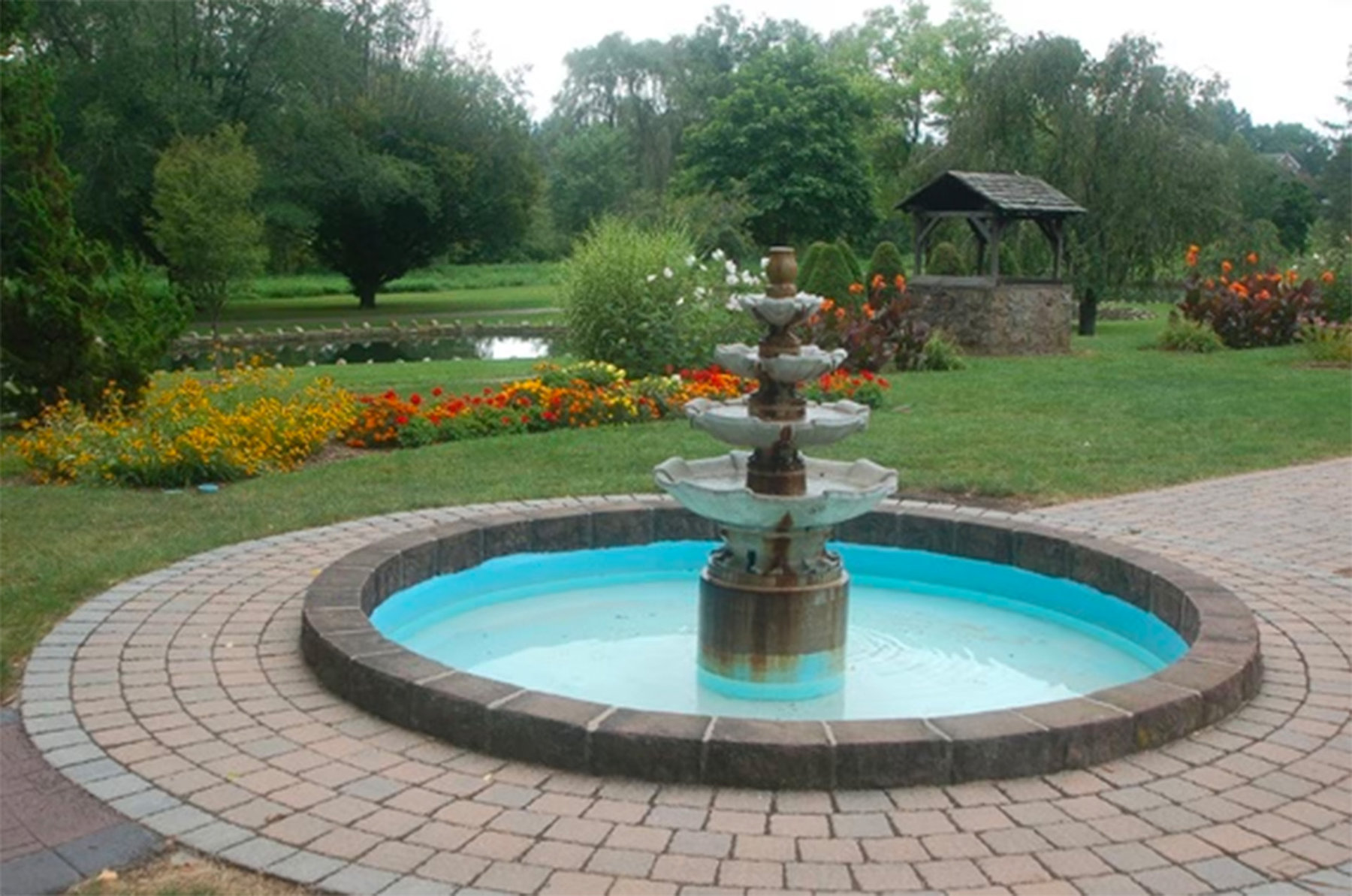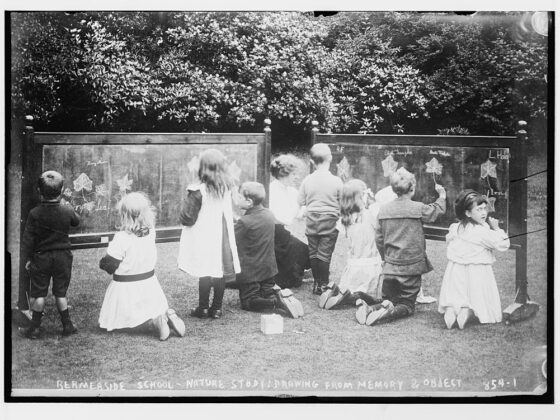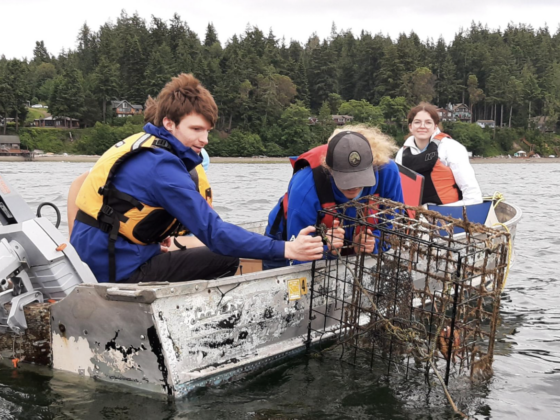Water is increasingly the theme that connects the world’s big energy, environmental, and climate-related questions. Fracking in the United States, China, and elsewhere is creating new, cheaper, potentially cleaner energy sources; but it consumes a lot of water, and might pollute even more. Air pollution is the most visible (literally) environmental disaster in China, but maintaining water supplies for the country’s cities, factories, and farms may be an even greater challenge. Water-level rise is one of the most feared future effects of climate change, and ocean-water acidification in the here-and-now is already an emergency for coral reefs, shellfish, and so on. Then we have the business, agricultural, and environmental consequences of the California drought. (Which is an occasion to mention: Our California High-Speed Rail series is about to resume, and will be the next feature in this space. I have been wrestling with a big print-magazine article and American Futures travels since the previous installment.)
And even the verdant Lehigh Valley, home to Allentown, Bethlehem, Easton, and environs, is dealing with water issues. In “The City That Turned Its Water Into Cash,” the latest American Futures installment, John Tierney describes the unusual bet the Allentown city government made about solving the pension burdens it had inherited from its past, with water supplies for its future. It’s a local version of privatization steps taken in other cities, most famously or notoriously with Chicago’s decision to lease-out the right to run its parking meters. John explains the logic behind it and why the city leaders in Allentown considered this a necessary next step in their area’s revival. For more details, please see his post.




